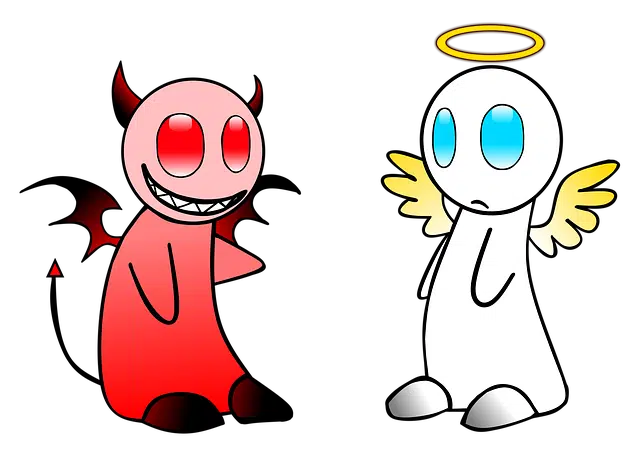
A moral judgment determines whether an action is ethical or not.
Judgment is a faculty of the soul that allows us to differentiate between good and evil . When put into words, judgment is an opinion or ruling. Morality , on the other hand, is associated with the customs, values, beliefs and norms of a person or a social group. Morality works as a guide to act since it distinguishes between right and wrong.
Known as moral judgment , therefore, is the mental act that establishes whether a certain behavior or situation has ethical content or, on the contrary, lacks these principles. Moral judgment is made based on the moral sense of each person and responds to a series of norms and rules that are acquired throughout life.
How a moral judgment is developed
Throughout our lives, through different areas and entities (family, society, school...), we have been told what is right and what is wrong. However, we have been able to react to all this in a different way: accepting it, rejecting it or simply ignoring it.
In this way, what are known as stages of moral judgment have emerged, which are heteronomous morality, individualism, interpersonal expectations, the social system and conscience.
Thus, when we are faced with a specific fact, based on our moral judgment, we act in one way or another when considering what is right or wrong. That in the end also means that our attitude is an element of study by our conscience that will determine that how we have acted brings with it regret, guilt or remorse.
The family , the school , the Church and the media are some of the social institutions that influence the adoption of the precepts that determine moral judgments. This means that the environment plays a predominant role in the subject's thinking about what is good and what is bad.

The church is an institution with influence in the establishment of the precepts that result in moral judgments.
Link with the law
There are many court cases that appear in the media and that lead the population to develop a moral judgment, regardless of established laws. Thus, for example, in Spain one of the most serious cases is that of a father who has been sentenced to forty years in prison for having drugged and burned his children in order to take revenge on their mother, his ex-wife, for not want to get back with him.
This fact has meant that, before the judge handed down a specific sentence, society in general was already clear that he had to go to prison, regardless of the evidence that existed, for having carried out such a criminal act.
For example: a mother goes out to steal because she can't find work and doesn't have the resources to feed her children. Beyond the legal implications of the case, some people may make a moral judgment that considers the woman's actions justified. It is clear that these trials do not always have to do with those developed in a court although, in general, the Judicial Power coincides with the prevailing ethics in a society .
